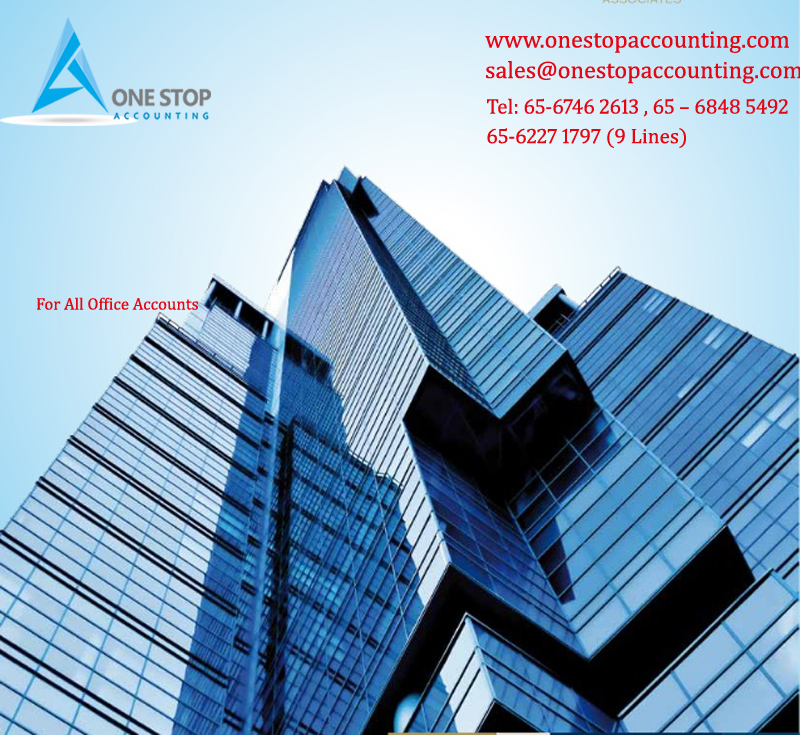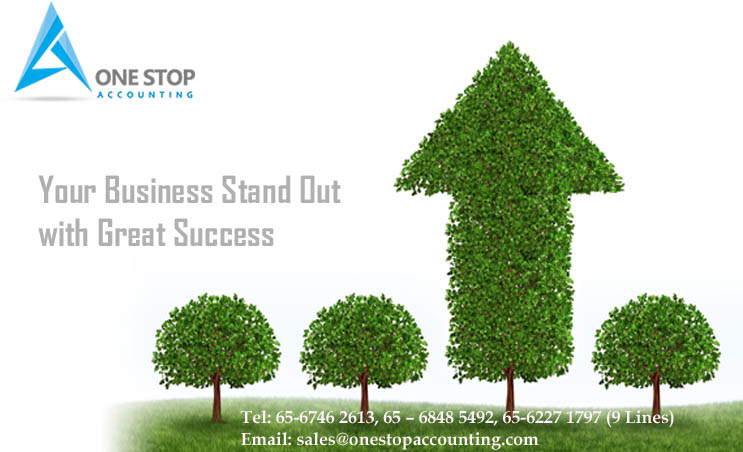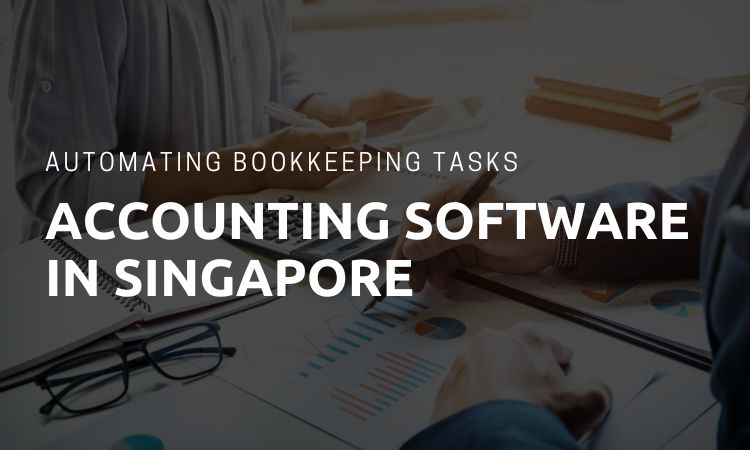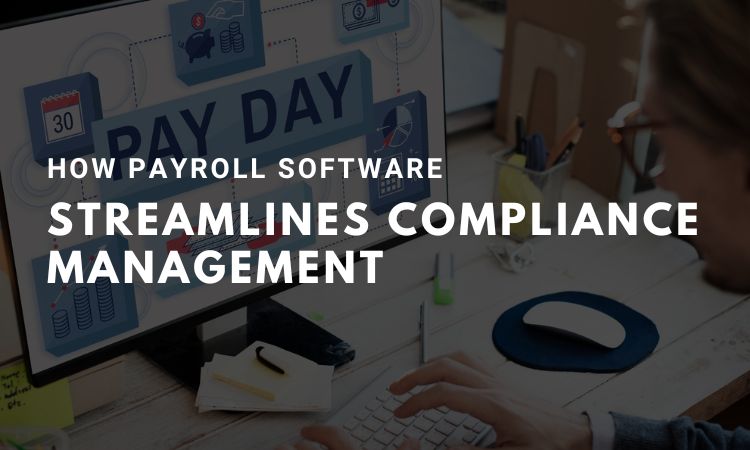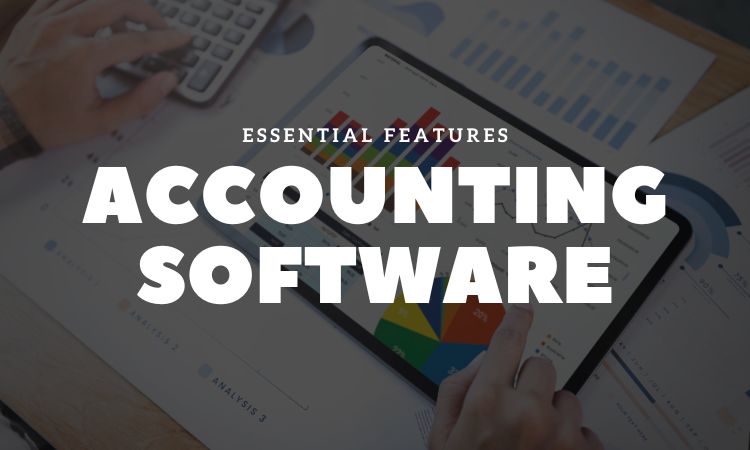If you want to sell more than your competitors, you need to remind your customers why they should buy from you rather than a rival. But what is it about your firm that is distinctive? Are you aware of the marketing value of things you do that you take for granted? Amanda Walker explains how to go through your operation looking for the qualities that make you stand out from the crowd
It’s amazing how many companies are doing interesting things and nobody knows about it, because nobody tells them. It can be easy to take it for granted that your processes are more efficient, your products healthier or your service levels higher than your competitors. But if you don’t tell potential customers, you could be missing out on an opportunity to gain an edge – and increase your sales.
It may sometimes be a matter of stating the obvious: think of the biscuit manufacturers who started putting “Baked, not fried” on their packets. Why? Because the average customer has little idea about the way biscuits are made and differentiating biscuits from ‘unhealthy’ fried foods was a way of persuading people to buy more of them.
But how do you know what you should be telling potential customers about your product or service, in order to emphasise how it stands out from the crowd? Perhaps the best way is to ask yourself a series of questions about your supply chain, your manufacturing processes and the way you run your operation.
1. Supply chain
- Where do you get the components of your product or service from? For example:
- Can you make a claim about the location, such as it’s local, it’s British, it’s an area that is renowned for this item (for example, Brazilian coffee beans or New Zealand lamb)?
- Is there something about the location that gives an extra stamp of quality – or history – to your materials? A bicycle frame from Italy, for example, conjures up a more romantic image than one from Taiwan.
- Have you travelled far and wide to find the right materials or components? Can they only come from one place?
- Is there a way you source the item that makes it unique or special? For example:
- Do you only buy from factories that meet recognised quality standards? Can you confirm this by saying that you inspect them once a year?
- Can you trace items back to their original source? Are the raw materials ‘natural’ or ‘authentic’? Think of the trend for tracing foods back to the farm that produced them.
- Is there an ethical element to your supply chain? Do you only buy fair trade goods? Are you supporting worker’s rights in developing countries?
- What can you say about the people who produce your components? Are they schooled in traditional skills, for example? Are they all working mums?
- Are you getting the best deals for your customers? Or giving the best deals to producers?
2. The manufacturing process
- Is there anything distinctive you can say about the manufacturing process? For example:
- Does it involve traditional skills and crafts? Are your bicycle frames handmade to your customer’s specifications in small workshops, for example?
- Is it environmentally friendly?
- Is it particularly efficient? For example, “From picked to frozen within 60 minutes”
- Are you using the most up-to-date technology to make your products? Are you the first to do so, or the only one?
- Have you created anything new? Is this patented and exclusive to you?
- Do you subject your products to tougher quality tests than your rivals?
- Do you use any special processes that add to the quality or differentiate your products from rivals’? Are they tested by experts before you take them to market, for example?
3. Your operation
- What can you tell your customers about your operation that will make you stand out? For example:
- Do you treat your employees in a particular way? For example, do they receive particular benefits, such as company shares?
- Do you train your staff more rigorously than your competitors do? Must they all achieve certain qualifications?
- Do you have special customer service standards? Have these been certified by a third party?
- Do you deliver in a particular way? Is it particularly fast, or convenient for your customers?
- Do you have a knowledge or track record or history that your competitors lack? Have you won awards? Can you say you were the first to achieve something in your field?
- Are you saving money by operating efficiently, so that you can pass the savings on to your customers?
Developing your Unique Selling Proposition – next steps
Once you have established a list of distinctive qualities across your supply chain, your manufacturing process and your operation, you will need to identify the ones that really stand out.
Ask yourself whether a claim is unique to you in your market, or enables you to differentiate yourself in some way. If so, you will need to decide whether it is something that your customers will think adds value to your product or service.
The best way to do this is to talk to your customers themselves. You could also try out different promotional messages to see how customers and potential customers respond. If you notice an increase in sales, you know you are on to something.
SOURCE: MARKETINGDONUT
AUTHOR: Amanda Walker
Please visit us on www.onestopaccounting.com

